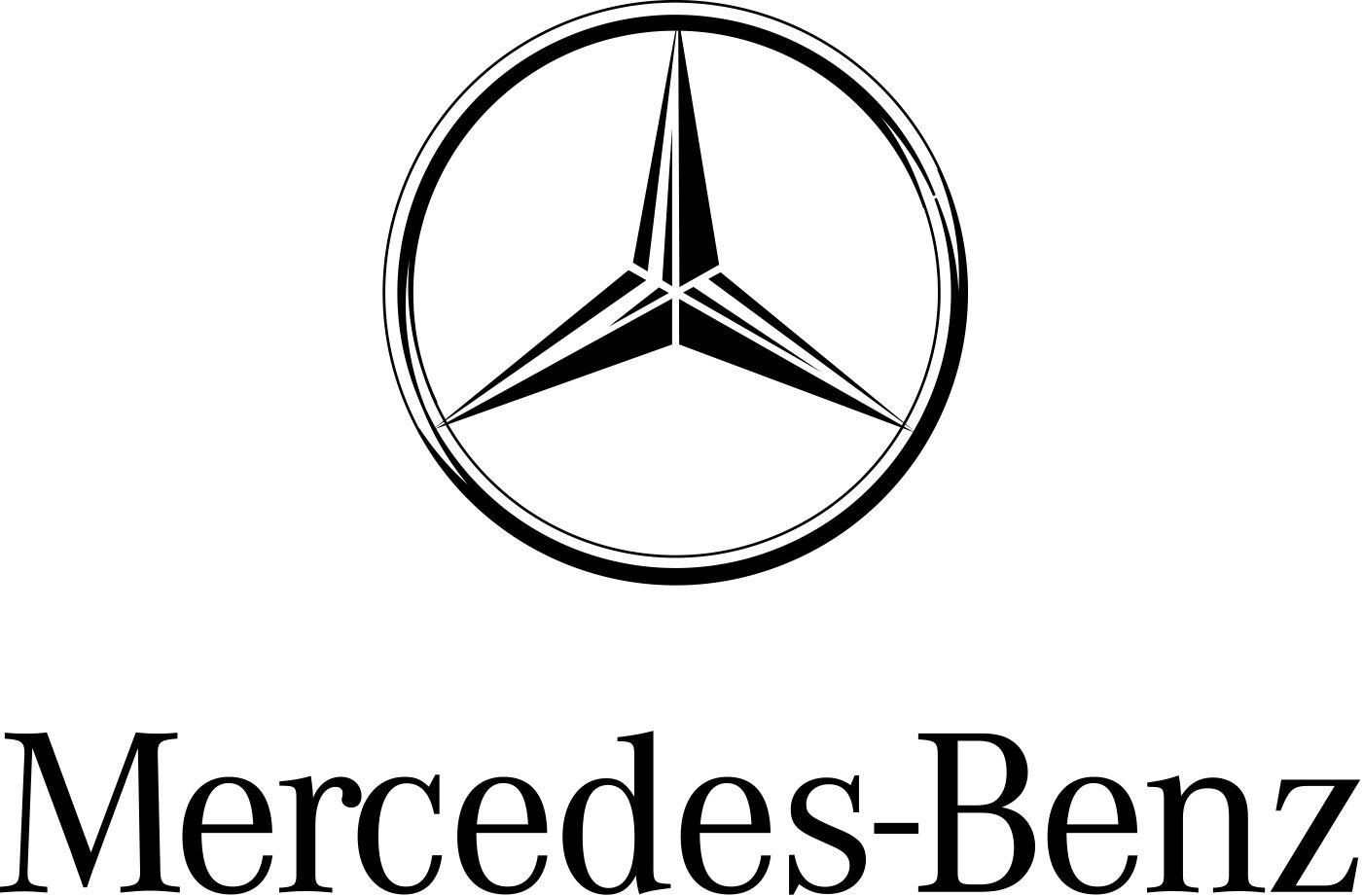 The Tesla Model S has been immensely popular among wealthier, environmentally-conscious Americans for a couple of year, which should suggest that customers are pretty satisfied with the service and the products they are getting from the Palo Alto-based electric-car manufacturer. But, a recent study reveals that Elon Musk’s company lags far behind other automakers when it comes to shopper satisfaction, which seems a bit surprising at first glance, but when Tesla’s disruptive business model is taken into consideration, it does make a lot of sense.
The Tesla Model S has been immensely popular among wealthier, environmentally-conscious Americans for a couple of year, which should suggest that customers are pretty satisfied with the service and the products they are getting from the Palo Alto-based electric-car manufacturer. But, a recent study reveals that Elon Musk’s company lags far behind other automakers when it comes to shopper satisfaction, which seems a bit surprising at first glance, but when Tesla’s disruptive business model is taken into consideration, it does make a lot of sense.
The Prospect Satisfaction Index (PSI), which shows results from a recent study conducted by research firm Pied Piper, ranks Mercedes-Benz as the world’s leading brand in customer satisfaction, with Tesla finishing last. The rankings are based on evaluations from 6,000 mystery shoppers that have visited dealerships selling cars from the world’s largest automakers, including Toyota, Audi, BMW, Volkswagen, Honda, Hyundai, and GM, to name a few.
The fact that the results of the study reflect the experience that customers get in auto dealerships explains why Tesla finished last in the PSI. Tesla employs a much different business model than that of virtually all other automakers, selling cars directly to consumers, instead of using franchised dealerships. That is why those who are looking to buy a Tesla car do not get the same level of customer service as those visiting a typical car dealership, which usually includes test drives, as well as answers to questions related to a specific model’s pricing, specifications and features.
While conducting this study, researchers analyzed specific salesperson behaviors that affect a customer’s satisfaction level. They found that 94% of the time a test drive was offered to the mystery shoppers by salespeople, with reasons to buy from their specific dealership provided by 51% of salespeople.
Mercedes-Benz secured the first place by receiving a total of 112 points, and it was followed by Infiniti (110), and Lexus (109), with MINI and BMW sharing the 4th and 5th positions with 105 points each. This goes to show that luxury car manufacturers tend to offer pretty good customer service.
Tesla, for its part, only received 87 points, which was enough for the last place on the Prospect Satisfaction Index. This poor score is a direct result of Tesla’s inability to sell cars from its showrooms, where the personnel are only allowed to refer customers to the company website for any questions they may have about the cars’ prices and specifications. This is because many states prohibit the direct-to-consumer sales model that Tesla insists to use.
Be that as it may, even though Tesla came in last in a relevant customer satisfaction ranking list, does not mean that those who own a Model S – one of the most popular large luxury vehicles in the United States – are disappointed with them. According to the latest Consumer Reports’ car owner satisfaction study, 98 percent of Model S owners would be willing to buy it again.